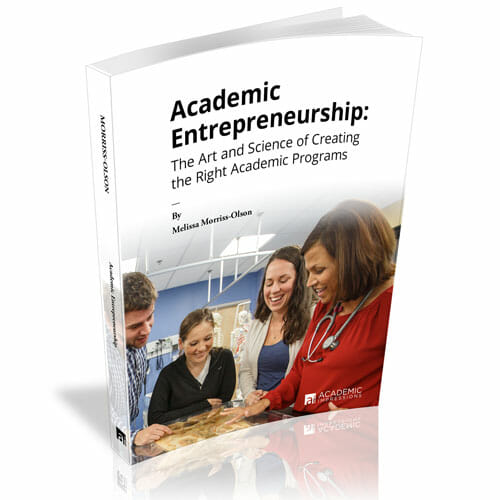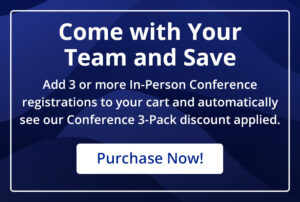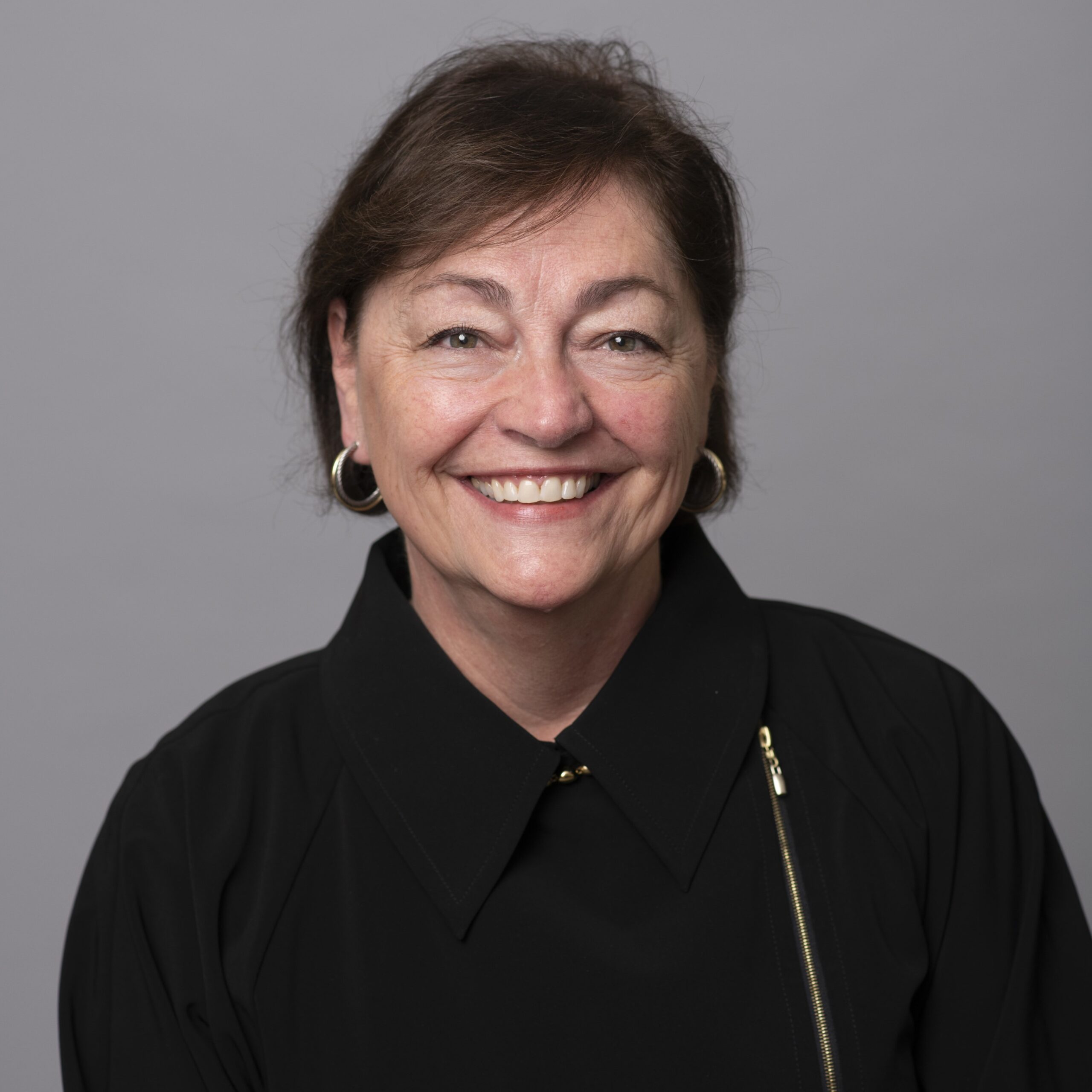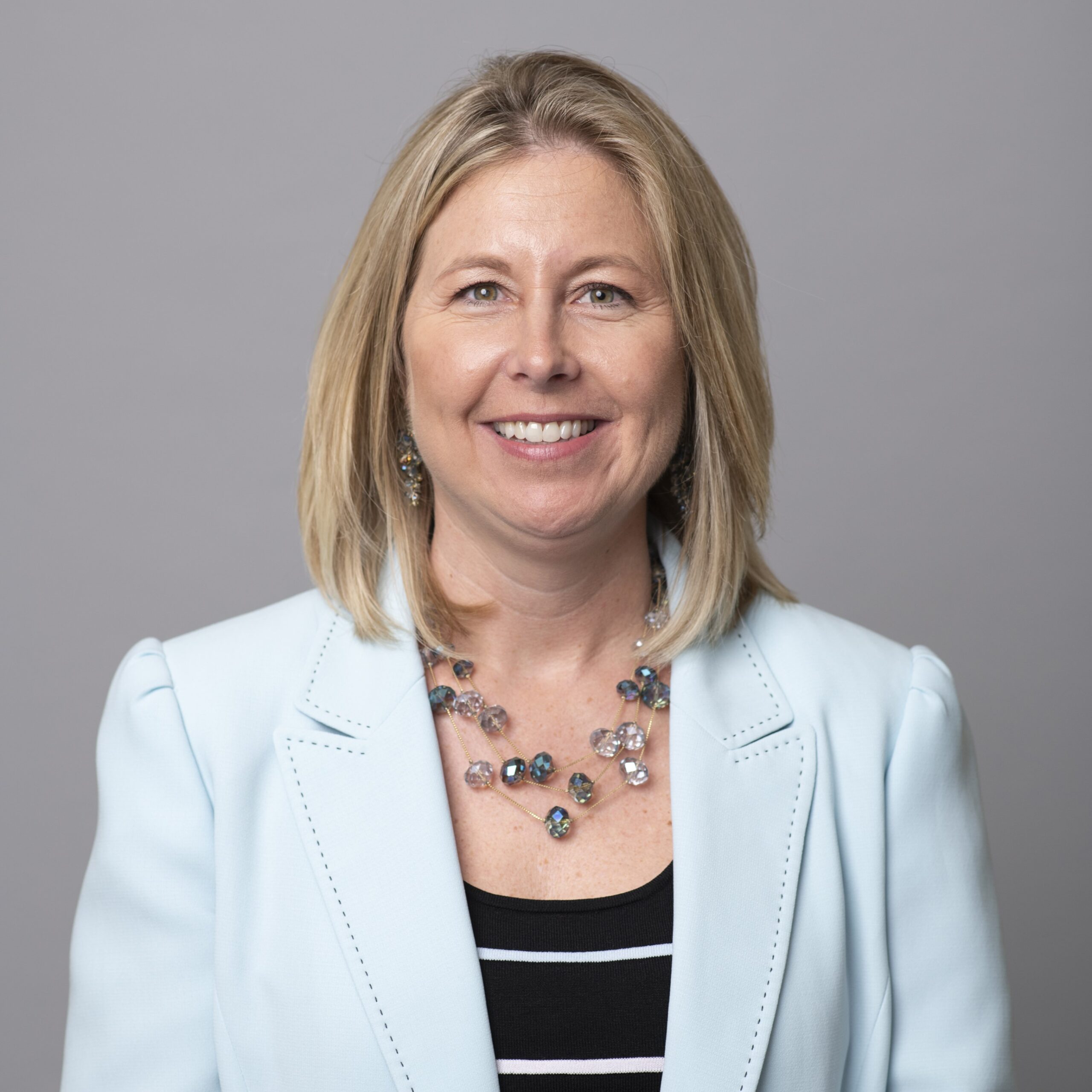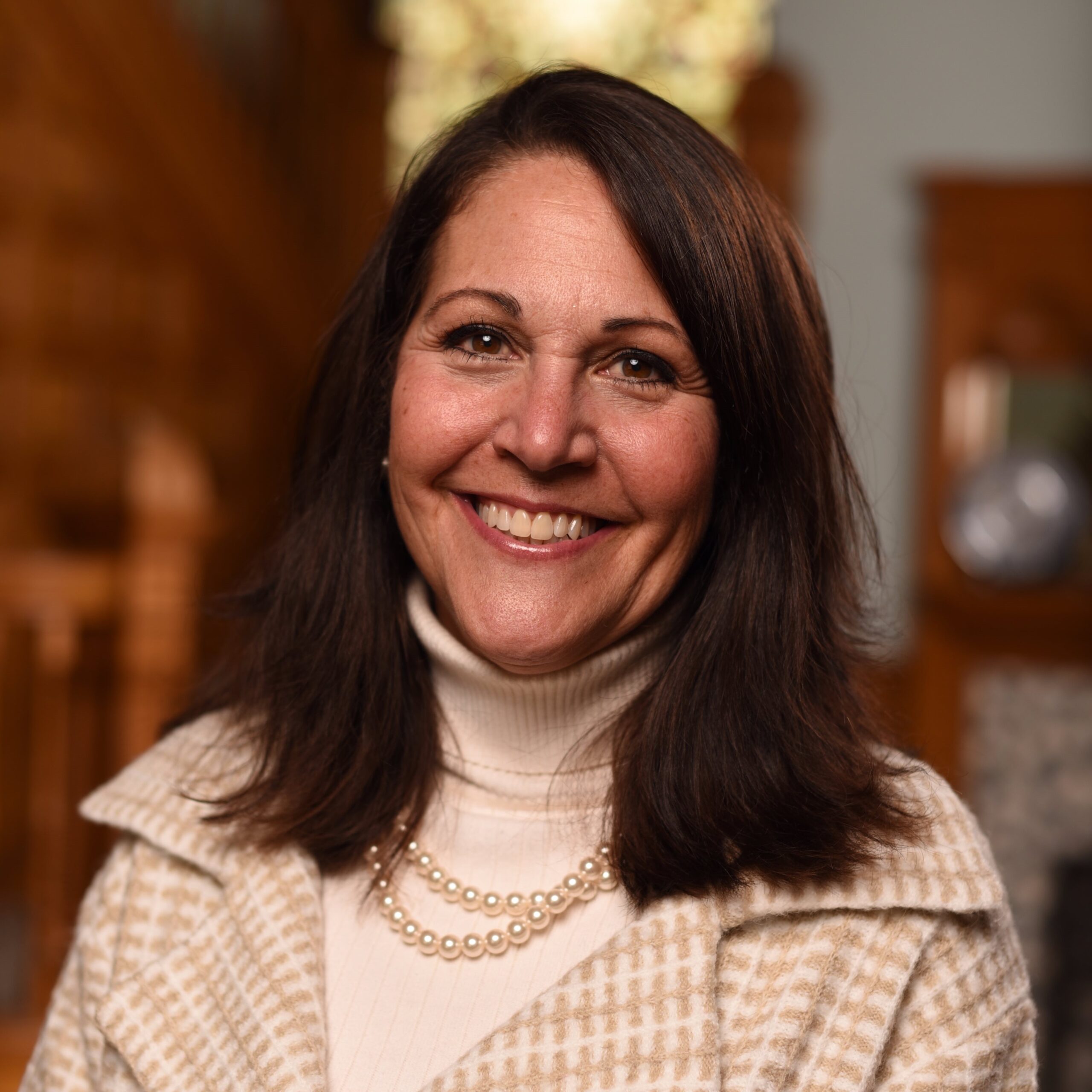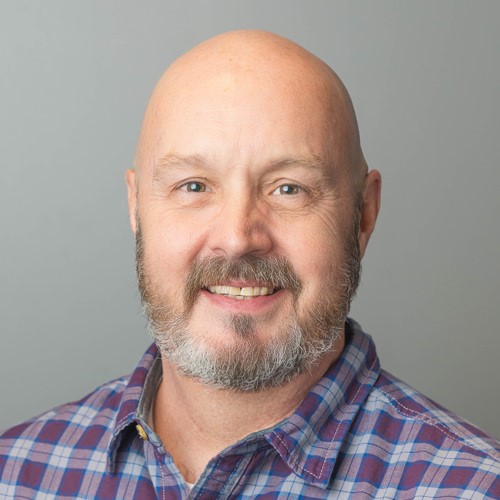Innovative Strategies for Developing New Academic Programs
This event has ended.

Innovative Strategies for Developing New Academic Programs
This event has ended.
Master the art and science of program development and ensure that your institution's growth is both purposeful and sustainable.
Event Information
It is essential for leaders to understand the impact of creating new academic programs as important parts of growing enrollment, maintaining relevance in the curriculum, and differentiating institutions. Too often, proposals lack rigor, are too ambitious or expensive, and lean too far into traditions as an approach for new program development.
Learn the art and science of growing academic programs in a way that maximizes your institution’s chance for success. You will walk through a set of criteria to consider when deciding whether to move forward with a new academic program or initiative. With the help of our expert speakers, you will consider ways to start small, think creatively, and build programs organically. We will dive deep into how you can assess a potential program and its:
- Fit with your institutional mission and goals.
- Operational feasibility given your capacity and resources.
- Prospective student enrollment.
- Internal support for getting it up and running.
- Profitability and impact resulting from failure.
Who should attend?
Developing a new degree program or curricula involves many stakeholders. Because of this, we encourage you to bring your program planning team that may consist of provosts, deans, department chairs, operational or resource management administrators, registrars, and institutional researchers. Whether you are planning to develop a new online, blended/hybrid, or face-to-face program, this conference will help you to effectively plan a program.
Agenda
Your registration fee includes full access to all conference sessions and materials, breakfast, lunch, and access to the networking reception on Monday, breakfast and lunch on Tuesday, breakfast and lunch on Wednesday, as well as refreshments and snacks throughout the conference.
Day One – Monday, June 10, 2024
8:30 a.m. – 6:00 p.m. MT (Local time in Denver, CO)
Registration and Continental Breakfast (included in registration fee)
8:30 – 9:00 a.m.
Welcome and Introductions
9:00 – 9:15 a.m.
Setting the Stage for Change in New Academic Program Development
9:15 – 10:15 a.m.
This hour will consider such questions as:
- What are the current trends and disruptive forces that are impacting higher education today?
- What forces are particularly impactful for your campus?
- How might your current context and challenges inform your academic program mix and the decisions you make about new programs?
Morning Break
10:15 – 10:30 a.m.
Building Connections with Lego Serious Play: An Experiential Process for Reflective Dialogue
10:30 a.m. – 12:00 p.m.
Lego Serious Play is an experiential process designed for use with adults to prompt dialogue and encourage reflection. To help you to get creative and expand your mindset using the approachable medium of play, our facilitator will lead you through a series of structured exercises.
Lunch (included in registration)
12:00 – 1:00 p.m.
Creating an Appetite for Innovation on Your Campus
1:00 – 2:45 p.m.
Innovation is not easy within any context. Traditional modes of operation and decision making create real barriers. In this session, you will learn some effective strategies for creating an innovative and supportive campus environment. Specifically, our expert presenter will address:
- Creating urgency for innovation and change.
- Overcoming barriers that often get in the way of effective change efforts.
- Looking outward for innovative inspiration and best practices.
Working Session – Identifying Your Key Barriers to Change
2:45 – 3:15 p.m.
You will have an opportunity to apply what you have learned as you work with others to identify your key barriers to change on your campus. You will begin to identify what factors will get in the way or impede your ability to bring new academic programs forward.
Break
3:15 – 3:30 p.m.
Where’s the Money? Using AI to Find the Best New Programs, Predict Enrollment, and Generate Pro Forma Financials
3:30 – 5:00 p.m.
In today’s higher education landscape, institutions face the dual challenge of enrollment stagnation and budget constraints. Identifying the right academic programs to start or grow has become paramount for colleges seeking sustainable growth. But how can you navigate this complex terrain effectively? This session delves into the strategic use of data analytics and machine learning to guide decisions about your academic program portfolio. We will explore the market metrics you need for program evaluation, including data on student demand, employment trends, and competition for students. Leveraging comprehensive data metrics in one visualization will reveal untapped program expansion and growth opportunities. We will share a powerful approach using AI-enabled analytics modeling to look forward and predict academic program size, taking it one step further to create projected financials for prospective launches. By harnessing the power of AI-driven predictive analytics, institutions can project future revenue streams, compare program investment options, and mitigate financial risks to make truly data-informed decisions.
In addition to the informative presentation, this session will feature interactive breakout group discussions to apply the data to real-world scenarios. Through collaborative analysis and discussion, you will learn how to translate these metrics into actionable recommendations for new program selection. You will leave the session with methodologies to guide strategic growth initiatives related to your academic program portfolio. Learning Outcomes: 1. Gain insight into strategically using data analytics to make academic program portfolio decisions. 2. Identify key market metrics essential for program evaluation, including data on student demand, employment trends, and competitive landscape analysis. 3. Learn available tools to assist you in evaluating enrollment and financial expectations for new program options. 4. Participate in interactive breakout group discussions to apply data analysis to real-world decision-making. 5. Translate data metrics into actionable recommendations for new program selection, utilizing methodologies learned during the session.
Networking Reception (included in registration fee)
5:00 – 6:00 p.m.
This informal reception is your chance to decompress, have some refreshments on us, and expand your network of connections. Our programs are intentionally designed for smaller groups, so this is a great time to catch up with attendees and speakers whom you may not have connected with yet.
Day Two – Tuesday, June 11, 2024
8:00 a.m. – 4:30 p.m. MT (Local time in Denver, CO)
Continental Breakfast (included in registration fee)
8:00 – 8:30 a.m.
Workforce Data: Myths, Trends, and the Jobs Grads Really Get
8:30 – 10:45 a.m. (includes break)
Which academic programs really lead to good jobs? What skills and degrees do employers want now? What labor data can I trust to answer these questions? How do I think about using the data available to me to understand student outcomes more clearly? Join us while we debunk labor “data” myths, explore labor market trends,, and the data needed for you to consider as you evaluate academic programs. We will share current job posting data and explore whether hot fields, like computer science, have gone cold. We will analyze the reliability of commonly used labor forecasts, correct common misconceptions about the relationship between majors and jobs – and provide data to support that Liberal Arts graduates do indeed get jobs.
And we will outline how skills data can be identified, organized, and used to support program outcomes that are relevant to the needs of your communities and states.
- Identify current skills and degrees in demand by employers and understand the evolving landscape of workforce requirements.
- Critically analyze various sources of labor data to discern trustworthy information from misconceptions and myths.
- Evaluate academic program outcomes based on reliable labor market data and trends.
- Examine real-time job posting data to understand shifts in demand for different fields of study.
- Deconstruct common misconceptions about the relationship between majors and job prospects, including demonstrating that Liberal Arts graduates are indeed employable.
- Present uses and applications of skills data for reporting needs
Break
10:45 – 11:00 a.m.
Working Session: Assessing Your Current Academic Program Portfolio
11:00 a.m. – 12:00 p.m.
You will have the opportunity to work together to brainstorm a list of external threats and opportunities. This process should later be integrated on campus by completing a formal environmental scan and then integrating these findings with the preliminary list of external threats and opportunities.
Lunch (included in registration)
12:00 – 1:00 p.m.
Mastering the Art and Science of New Academic Program Development
1:00 – 2:30 p.m.
Following on this presenter’s previous sessions, you will be introduced to a process for developing, vetting, and operationalizing new academic programs. Time for Q&A will be included. Specific topics to be addressed include:
- Essential elements and considerations for developing new academic programs.
- Important factors to consider in assessing risk and opportunity with new program possibilities.
- Principles for operationalizing new programs.
- Considerations for scaling and managing capacity.
Break
2:30 – 2:45 p.m.
Infrastructure and Resource Planning to Support New Academic Programs
2:45 – 4:00 p.m.
In this session, you’ll think through a suitable approach to addressing the following considerations: Where will the resources come from to fund these changes? How will your new programs affect space utilization and technological requirements? Did market research indicate a sufficient market to produce the needed revenue? Can the staffing changes be phased in, or are they necessary up front to operate the proposed new academic program? Further, make sure you have taken the following into consideration:
- The faculty needed to support a new academic program.
- Faculty reductions for program cuts or elimination.
- The staff needed to move into a new strategic direction.
- Budgeting for human capital to accomplish strategic change.
- Classrooms and technology capacity.
- Adequate parking.
- A need for a current facilities utilization analysis.
- A determination of the need for new facilities.
Working Session: Developing a Feasibility Plan
4:00 – 4:30 p.m.
You will continue the work you started in the previous working session and begin to develop a feasibility plan for one program idea for your campus. You will have the opportunity to discover potential issues that may impact your program’s potential for success.
Day Three – Wednesday, June 12, 2024
8:30 a.m. – 2:30 p.m. MT (Local time in Denver, CO)
Continental Breakfast (included in registration)
8:30 – 9:00 a.m.
Understanding the Impact of Accreditation/Re-Accreditation and State Authorization
9:00 – 10:15 a.m.
Accreditation can be both an enabler and a hindrance to creative approaches, so it’s important to think through these implications as early as possible. In this session, you’ll develop a working list of issues that need to be addressed regarding accreditation, state authorization, and changes to your campus mission, including:
- What are the accreditation implications of new programs?
- How and when do you bring accreditors into your process when thinking about something creative or non-traditional?
- How can past issues/concerns with your accreditor impact the process of developing new programs?
- How can the format of the program impact accreditation considerations?
- How do you determine the value of specialized accreditation?
Break
10:15 – 10:30 a.m.
Creating a Marketing Plan for your New Program
10:30 a.m. – 12:00 p.m.
Unfortunately, “if you build it, they will come” isn’t a bankable strategy. Even the best-designed new program can fail if a viable marketing plan isn’t well crafted and effectively executed. Our expert will discuss what it takes to successfully market a new program and sustain one’s market position over time. The speaker will address:
- Building a comprehensive new program marketing plan.
- Budgeting for marketing and recruitment efforts.
- Staff options for program recruitment and marketing.
- Assessing the effectiveness of your marketing efforts.
- Using market research to determine program viability.
- Measuring demand for your new academic program.
Lunch (included in registration)
12:00 – 1:00 p.m.
Financial Budgeting and Modeling
1:00 – 2:00 p.m.
New programs that are not integrated into the campus’s five-year budgeting process and properly resourced will likely flounder or never get off the ground. Tough decisions are often required to trim the funding of less profitable academic programs, to expand programs that will improve the institution’s bottom line. This final hour will focus on:
- Tying your strategic planning and new program development to a five-year budget.
- Directly linking the planning process to the budget.
- Identifying program reductions and program growth opportunities to keep the budget in balance.
Wrap-Up, Q&A, and Evaluation
2:00 – 2:30 p.m.
Save on In-Person Conference Registrations
Attend any three in-person conferences for $5,500 for Members ($6,000 for Non-Members) – or $1,833 dollars per registration for Members ($2,000 for Non-Members) – with a Conference 3-Pack. There’s no one way to use your 3-Pack!
- Send 3 people to the same conference
- Send 3 individuals to different conferences
- Experience 3 different conferences yourself
Location
The training will be conducted in person at Academic Impressions’ Denver-based office at: 5299 DTC Blvd, Suite 1400, Greenwood Village, CO 80111
Nearby hotel suggestions:
Hyatt Place Denver Tech Center – 3-star hotel
8300 E Crescent Pkwy, Greenwood Village, CO 80111
303-804-0700
Distance from office: 0.5 miles if driving, 0.3 miles if walking
A room rate of $154/night is available if you book your room using this link.
This reduced rate and room availability are subject to general hotel availability and not guaranteed. So, we recommend booking as soon as possible!
Denver Marriott Tech Center – 4-star hotel
4900 S Syracuse St, Denver, CO 80237
303-779-1100
Distance from office: 0.9-1.2 miles, depending on route
A 10% discount is available if you book your room using this link.
This discount is subject to general hotel availability and not guaranteed. So, we recommend booking as soon as possible!
Hyatt Regency Denver Tech Center – 4-star hotel
7800 E Tufts Ave, Denver, CO 80237
303-779-1234
Distance from office: 1.1 miles
Reviews
“Attending this well-organized conference transformed my perspective on the art of developing new academic offerings and on the different contributors to establish and develop new academic programs.”
– Jose Torres-Ruiz, PhD, Chancellor, Ponce Health Sciences University
“A very insightful, comprehensive coverage of the strategies for developing new academic programs. Innovation was the driver for discussions.”
– Natalia Buta, Associate Professor and Department Chair, Frostburg State University
You may also be interested in
Tagged In
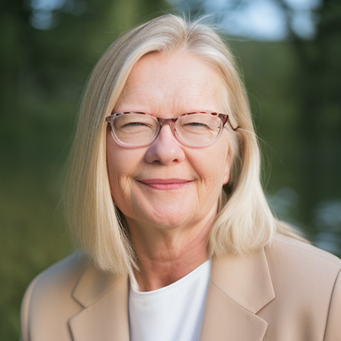
Melissa Morriss-Olson, Ph.D.
Provost Emerita, Founding Director, CHELIP and HELOS, Distinguished Professor, Higher Education Leadership
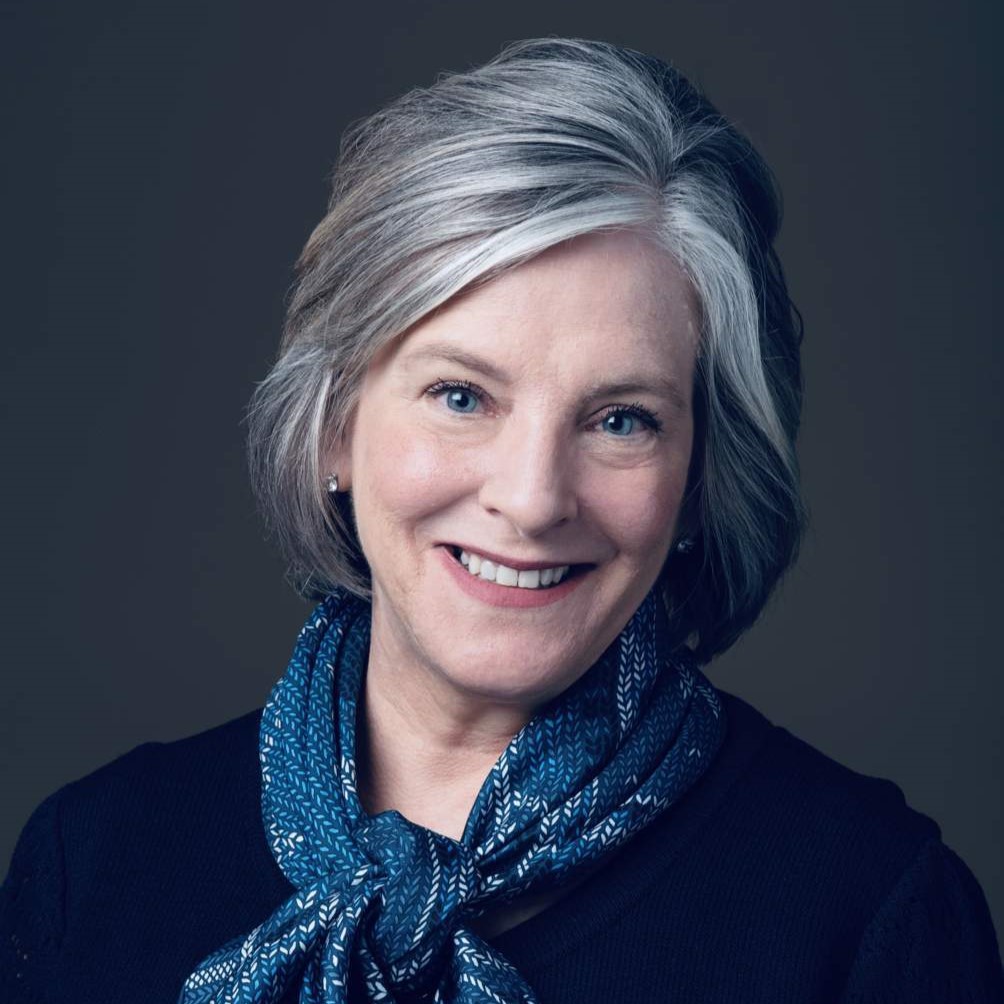
Debbie M. Thorne, Ph.D.
Senior Vice Provost & Professor of Marketing, Texas State University
Innovative Strategies for Developing New Academic Programs
Want a discount? Become a Member, or Login if you are already a member.
Number of Attendees:
Enter attendee details below if you know them. If not, don't worry. You can provide attendee information at any time before the event.


